Well, if you don’t like it, just stop watching.
I have to admit that I see that phrase a lot. I’m sure we all have. You may have even said/typed it to someone else. It’s a defense mechanism. Someone is giving their opinion of your favorite show or movie, and you may not agree, and you might get upset. So out it comes: “If you don’t like it, just stop watching.”
Here’s the thing, though. Telling people to “stop watching” needs to stop.
In my experience, you never hear people say this kind of thing about shows like Terra Nova or Revolution. Generally, because people are not super invested in them. So, if they don’t like the show, they do stop watching. But you do find this attitude a lot in the fandoms of properties like Doctor Who, Star Trek, and Star Wars – the ones we all love the most; the ones that have been around for 51, 49, and 38 years, respectively; the ones that fans become invested in.
And that’s the whole issue: Investment. The things that you just give up on are not the things that mean something to you. When you care about something, you have strong opinions about it. You’re sometimes disappointed by it. But you don’t give up on it. Because you care about it.
Let me put it this way: I have two adorable little kitty cats, and they are total troublemakers. They have broken picture frames, ripped up one of my favorite chairs, and Catalina recently coughed up a hairball as big as her head. But I’m not about to surrender my cats back to the animal rescue because they can be frustrating. Because I love them.
Star Trek has been a part of my life since I was four years old – maybe even before that. It might sound ridiculous to some, but the crew of the Enterprise-D (and Deep Space Nine and Voyager) helped shape who I am as a person. And if finally going back and trudging through TOS didn’t make me swear off of Trek, a couple of frustrating new movies certainly won’t. Because Star Trek, as a whole, is important to me.
TV shows and movies are art. And art does not exist in a vacuum. Once it’s out there, the people who consume it are going to form opinions about it. That’s what art is for – to start a conversation. And sometimes that conversation includes statements like, “I really didn’t like how they did x” or, “It really bothered by that the science of y was wrong” or even, “Z made me really, really uncomfortable.”
I’m a fan, and I’ve been one for as long as I can remember. But not to the extent that I will hand-wave things that I think are troublesome or problematic or upsetting. I’m going to talk about them. And I’m going to discuss them with other fans. And maybe, as part of that discussion, I will gain a new perspective on something that will better inform my opinion of a scene or character or property going forward. Discussing media – openly and civilly – with people who have differing opinions should be seen as an opportunity, not a chore or a battle.
Why would you want other people to stop watching, anyway? If people stop watching, ratings go down and shows (or future movies) get canceled.
What do you really want? Do you want people to stop pointing out the things they had problems with? Does it bother you that others may have a problem with something that you don’t? Or do you just not want to be forced to think about entertainment in that way? You’d prefer to live in a TV-show bubble of happiness, and turn off your brain?
Answering “yes” to any and all of those things is completely okay! That’s how you choose to consume media. But what’s not okay is being rude to someone who would answer “no” to those questions.
If you want to turn off your brain and just be entertained while watching TV, and then not think about the show again until next week, go for it. But that’s not how I roll. You can’t stop me from having an opinion, or sharing that opinion. And it doesn’t have to affect how you watch or enjoy the show.
Most importantly, don’t tell people to “stop watching.” It’s dismissive, it’s rude, and it doesn’t help the fan community or the future of the property for everyone to pretend that everything is perfect.
Pointing out a flaw or an issue in a piece of media is not a condemnation of that thing. If I have a problem with an episode or a scene or a character choice or a line of dialogue, that doesn’t mean that I hate the property entirely. Because if I hated the property entirely, I would have stopped watching a long time ago.
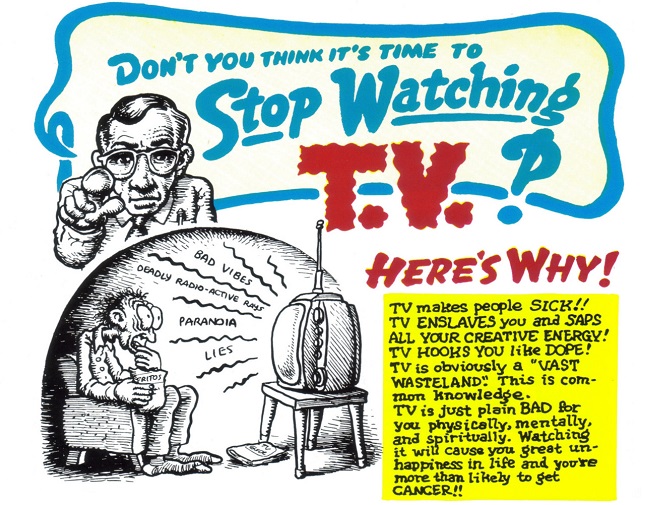
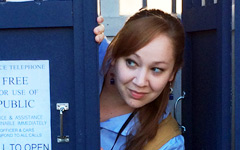
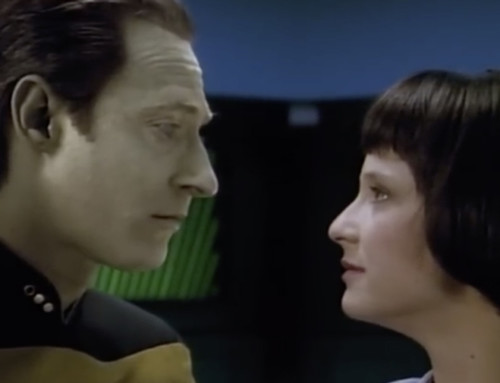


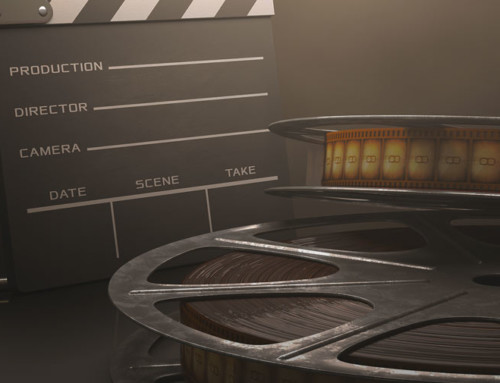


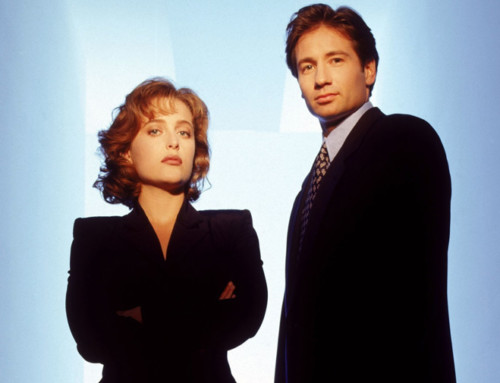



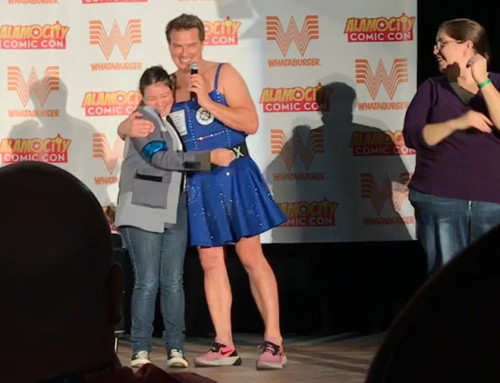




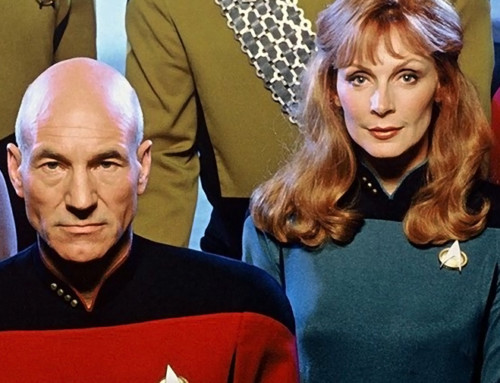

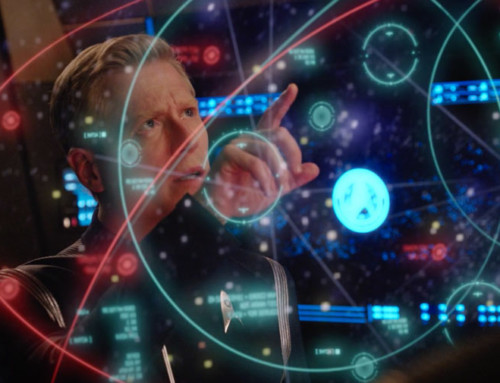
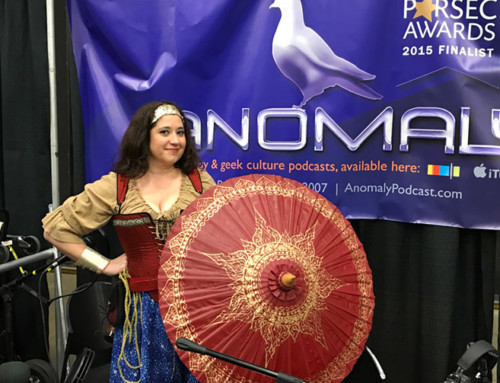
Leave A Comment